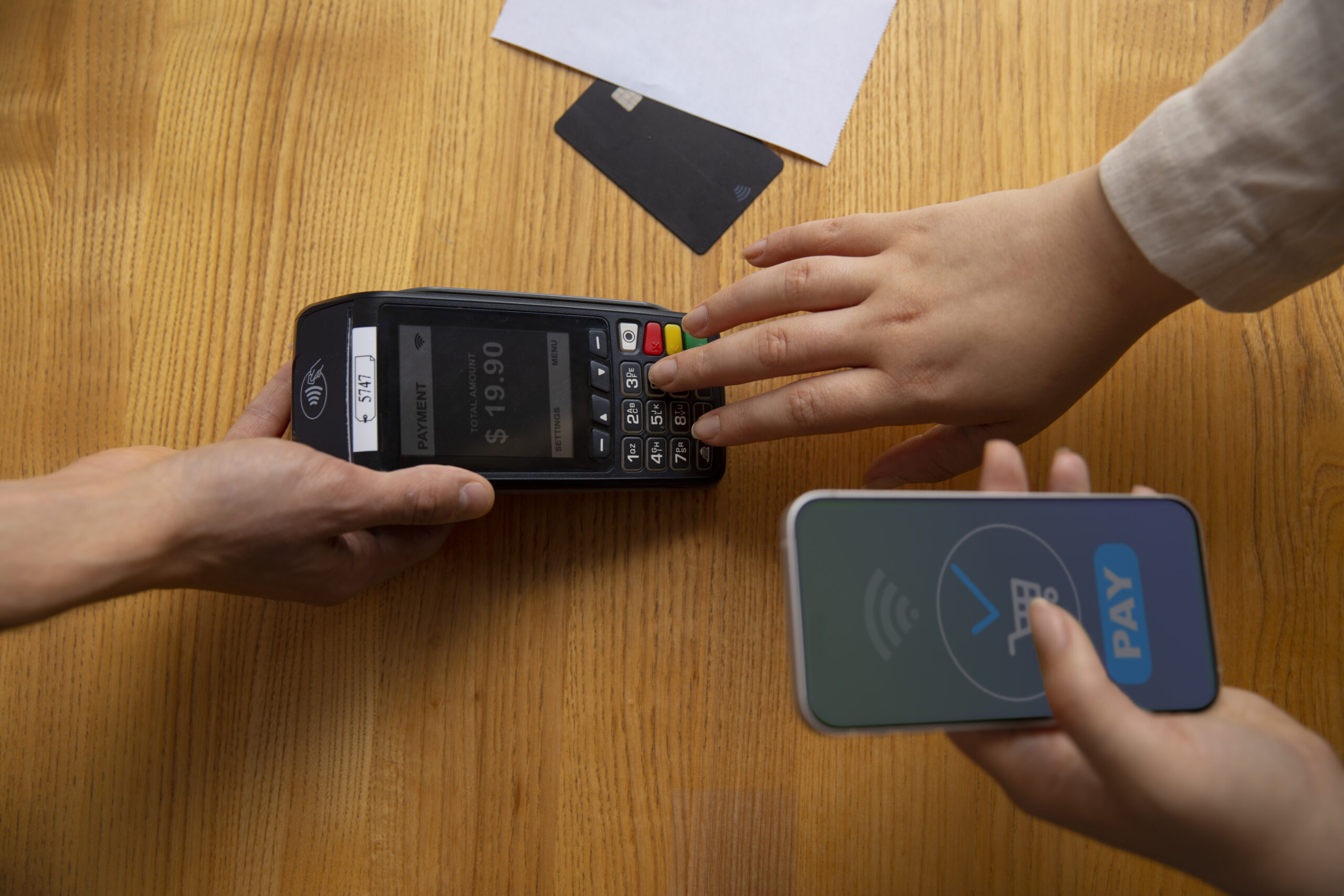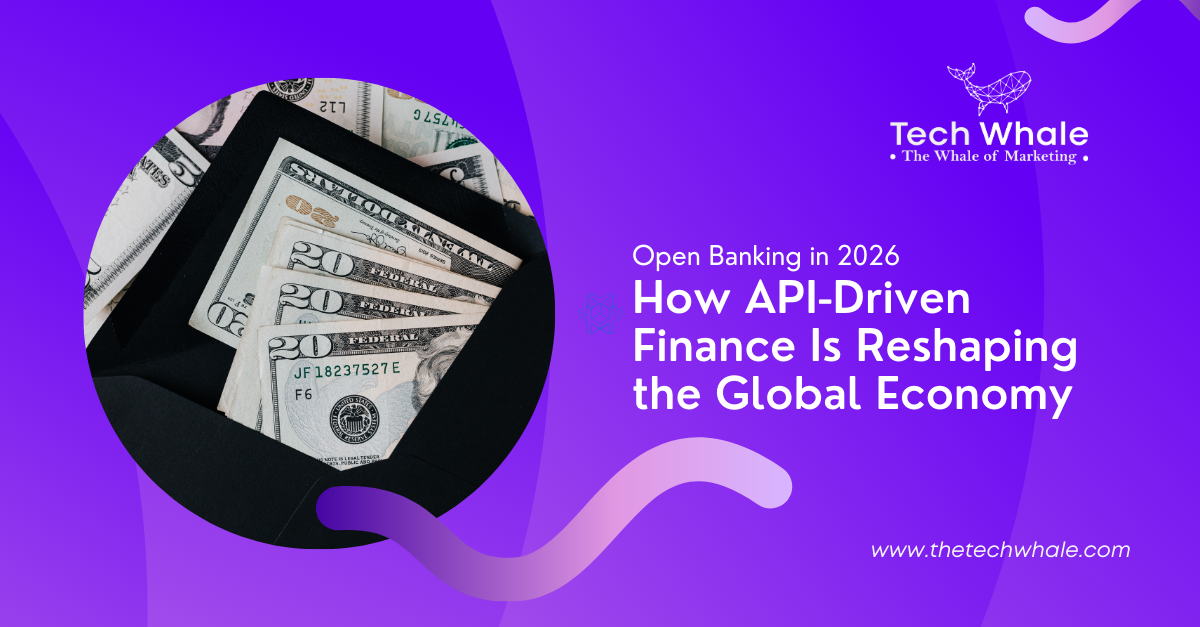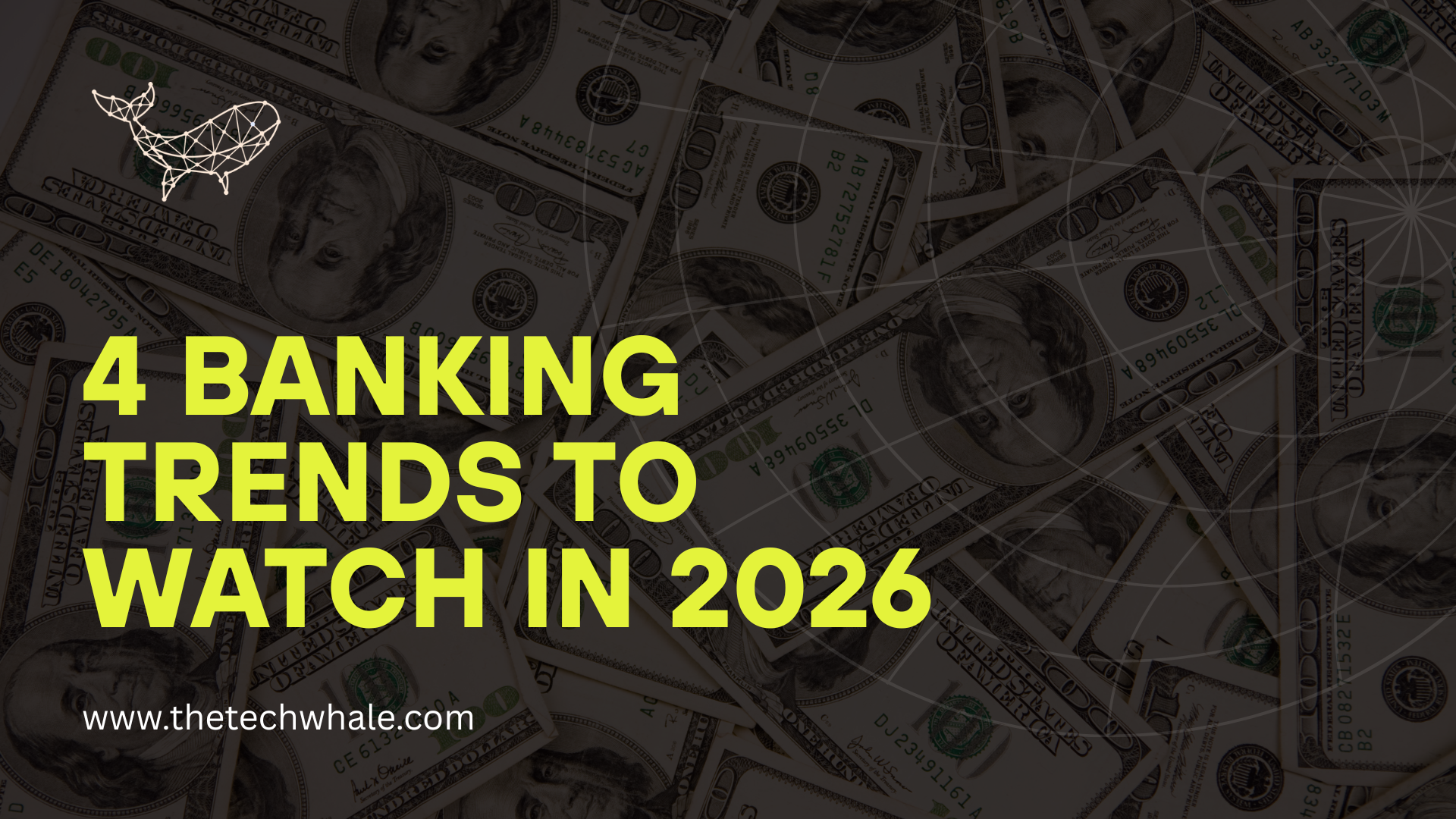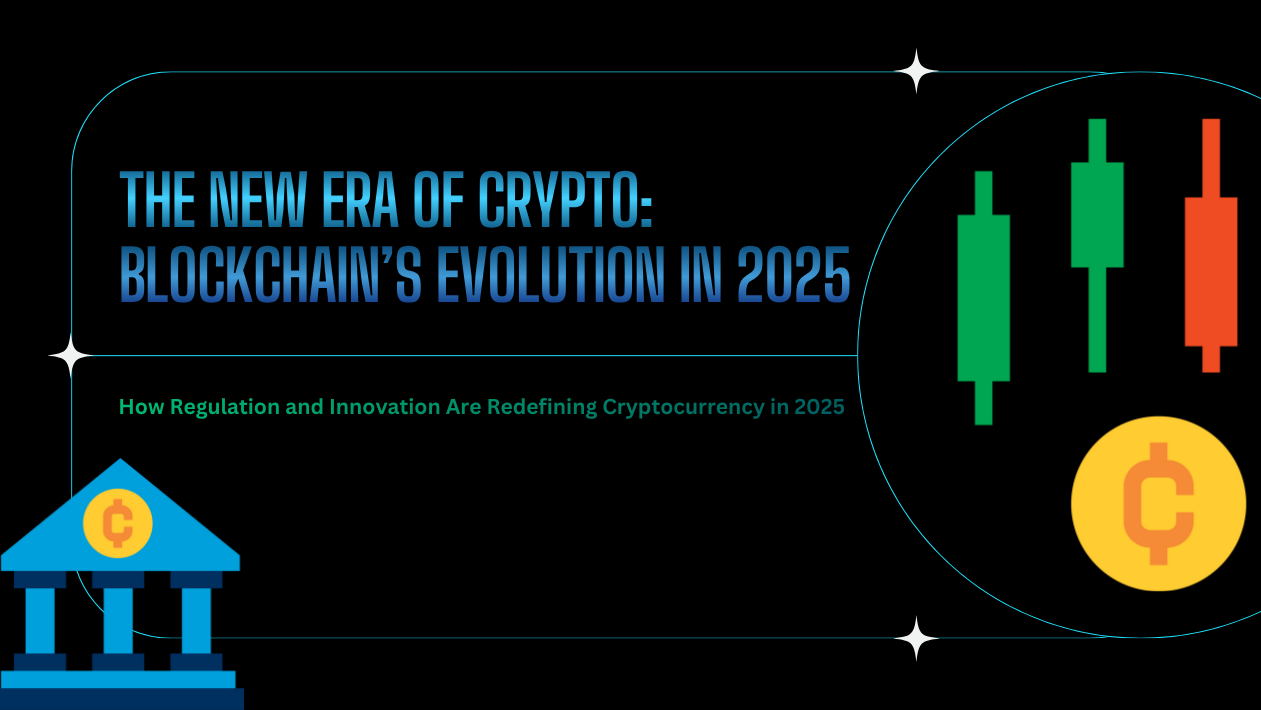The digital payments landscape in 2025 is evolving at breakneck speed, driven by real-time processing, biometric security, and AI-powered personalization. As cash continues to fade, digital wallets, embedded finance, and blockchain-backed rails are reshaping how individuals and businesses exchange value across the globe.
Contactless Payments Now Dominate Retail and Transit
According to a 2025 report by the World Payments Council, over 82% of global in-person transactions are now contactless, thanks to widespread NFC terminals, QR-code adoption, and wearables integration.
From supermarkets in Tokyo to metro systems in São Paulo, consumers expect payments to be instant, secure, and touch-free.
UPI, FedNow, and PIX Lead the Real-Time Revolution
Governments and private sectors are pushing instant payment systems that operate 24/7. India’s UPI, the U.S. FedNow, and Brazil’s PIX are setting global standards for real-time digital payments. These systems allow consumers to pay bills, transfer funds, and make purchases in seconds—no cards required.
Cross-border real-time payment corridors are also growing, especially between Asia, Africa, and the Middle East.
Digital Wallets Expand Beyond Payments
Wallets like Apple Pay, Google Pay, PhonePe, Paytm, and AliPay have become financial hubs, offering bill pay, transit passes, credit access, loyalty rewards, and insurance—all in one place.
Next-gen wallets also integrate biometric verification, AI-driven spend insights, and multi-currency support, appealing to both urban and rural users.
AI and Personalization in Payment Experience
AI is personalizing the digital payment journey. From suggesting preferred payment methods to flagging unusual activity and optimizing checkout flows, AI algorithms are reducing friction and improving conversion rates for merchants.
Banks and fintechs are using machine learning to enhance fraud detection, credit scoring, and customer targeting within payment apps.
Security and Compliance: The Backbone of Growth
As transaction volumes skyrocket, so do threats. Companies are investing in tokenization, multi-factor authentication, and zero-trust architectures to secure payment data. Regulatory bodies worldwide are also enforcing PSD3, open banking, and digital identity mandates to ensure safe, transparent ecosystems.
Digital Currencies and Blockchain Payments Enter the Mainstream
More consumers are experimenting with stablecoin payments and CBDCs (Central Bank Digital Currencies) for online shopping, remittances, and payroll. Major retailers now accept USDC and EUROC alongside fiat, while governments pilot blockchain-backed welfare and subsidy distribution programs.
Conclusion: Digital Payments are Becoming Invisible, Yet Integral
In 2025, digital payments are not just fast—they’re embedded, intelligent, and invisible. Whether through wearables, voice assistants, or autonomous vehicles, transactions are happening in the background of everyday life, enabling a truly frictionless economy.





